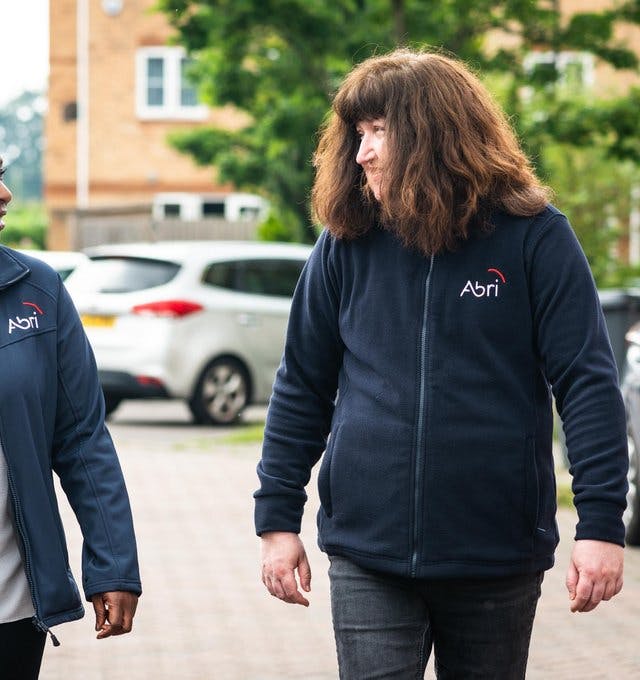Tell me about your background, and your experience about growing up in the States and moving to the UK?
I was born in Malawi (a very small African country in southeast Africa – there are a few people who have heard of it, but I often mention Madonna and the children she adopted to give people a reference point).
When I was six, I moved to the United States as my uncle was a diplomat stationed at the United Nations. I think the move to the States at that age shaped me the most – not necessarily just because of the experience of living in America rather than Africa for most of my childhood, but because I instantly became different. I went from being in a country where I was part of the majority to being in a town where I was one of a few black children in the school. Not only that, but I also had a different accent and a different fashion sense, so I was immediately marked as the “odd” one out.
This experience has resulted in me being an introvert who sometimes finds it difficult to give my thoughts and opinions. However, in work I fight against my instinct to not bring attention to myself and just fade into the background and I share my thoughts and ideas.
I moved to Kenya at the age of 13 and whilst I went to an international American school where the students were mainly American expats, I still had to adjust to a new environment and try to make new friends again. The constant moving cemented those feelings I have of not necessarily belonging.
On the bright side, I do see the extreme positives in my upbringing – I have experienced so much from living with the Masai and climbing Mount Kenya when at school which has also given me an openness to others and a respect for diversity.
How have you got to where you are in your career and life today?
I have known that I wanted to be a lawyer probably from a young age – my uncle encouraged healthy debates at the dinner table, and I was possibly the most argumentative (opinionated) at the table.
I came to the UK to join my dad (who moved to the UK in the 1980s), I did my A levels and then went to university and completed my post graduate diploma (LPC). After graduating, I had to apply for permanent residence in the United Kingdom which took some time.
During this period, I volunteered at the Citizens Advice Bureau which is how I found and fell in love with Housing law. There was a temporary period when I was training when I thought family law was the way to go, but when I qualified, I was given a position where I did both housing and family, and the technical challenge of housing just drew me in.
I had never wanted to work for a corporate law firm, as for me law was meant to be used to bring about positive change in society. Initially, I worked for mainly tenants but found that I could make a bigger difference working for those organisations that provide housing – so I could influence change from within, by supporting an improved understanding of legal responsibilities and duties and to help shape policies and procedures.
I joined Abri because I knew of Radian (as Abri was known at the time) and one day, I came across a job ad for a Housing Solicitor. I hadn’t been looking for a new job, but I felt the opportunity was too good to pass up. I applied and joined Abri just before Covid. It was an interesting time to start a new job, but I do enjoy working with my colleagues here. I feel we are all connected by the genuine desire to make positive differences in the communities we serve.
Are there any changes you think need to be made to help improve things for women and girls?
I think we need to change the mentality that being a woman/girl is a weakness whether in the workplace or generally – respecting the differences that there can be in our approaches due to physical or physiological differences and not making these topics a taboo. With everything, it is about embracing and respecting our differences because there are great lessons that can be learnt from what makes us unique. Differences can unite us much more if we are curious and respectful.
Do you believe we're heading towards an inclusive working world?
Yes, I feel we are moving to a more inclusive world because we are having those conversations. More and more, businesses are recognising the importance of having an inclusive and diverse workforce. There is still some resistance, but change comes from people recognising that there is an issue and taking steps to make improvements. I feel optimistic for the future.
What advice do you have for the future generation?
Be the difference – a cliché perhaps but improvements in society comes from one person being brave enough to do something that brings about positive change. No matter what.

Dambu Tenner
Head of Legal

